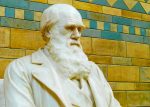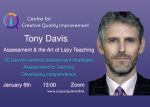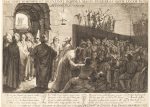The Learning Theories Research Group

I’m putting together a small research team of people interested in Learning Theories. If you’re interested in joining the group, then do please message me. I’d also be extremely grateful if you would consider forwarding this post to anyone you think might be interested in finding out a little more about the project. I can imagine this would be of particular interest to those involved in teacher education. Why am I doing this? First, ask yourself how much you can […]
Read More...






